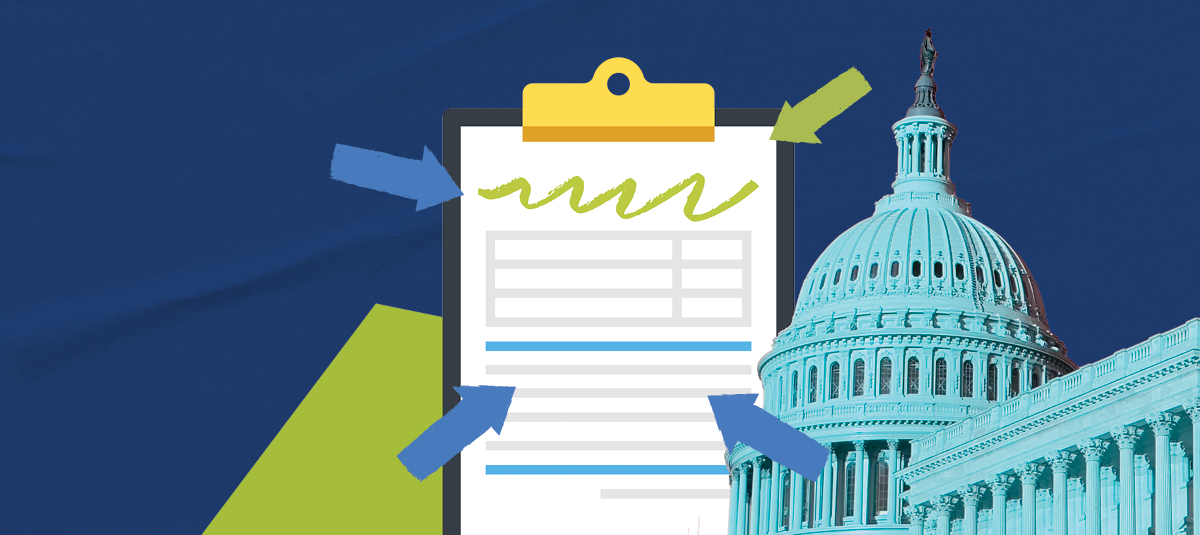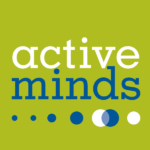Mental health advocacy doesn’t require a law degree, a title, or a seat in a government office. It starts with something we all have: a voice.
As youth advocates for mental health, we started by doing what anyone can do — refusing to be bystanders. We saw the stigma. We saw the gaps. And instead of waiting for someone with more “qualifications,” we stood up and spoke out. We didn’t have decades of experience or policy training, but we had lived experience, deep conviction, and the courage to act.
That was enough. That is always enough.
Along our journey, we had the opportunity to help draft a bill in Illinois that called for mental health education in schools. It was born out of conversations, research, and storytelling—not from a position of power, but from a place of truth. We didn’t just want to “raise awareness” — we wanted to transform systems. Together, as young people, we proved we could.
Here’s our five-step blueprint — for youth, by youth — for anyone who believes that the fight for mental health justice belongs to all of us.
Don’t Be a Bystander — Start with Your Voice
You don’t need a formal title to make an impact. You don’t need to wait until you’re older, or until everything you say is polished and perfect. What you do need is the courage to stand up. Advocacy begins with the decision to speak when it would be easier to stay silent. For us, it started by telling our own stories — honestly, vulnerably, and without shame.
Our voices mattered because we were young. Because we spoke from lived experience. Because we knew the pain of seeing friends struggle, of feeling alone, of watching the system fall short. You don’t have to be an expert to say, “This isn’t working.” You just have to be real.
Build Your Proposal — Ideas Are Fuel
Once we identified the problem, we got to work building a solution. We didn’t try to sound like lawyers or policymakers — we spoke in the language of students, of peers, of people who deeply care. Our proposal was built around what we wanted to see: accessible, stigma-free mental health education that spoke to our generation’s reality.
Start with what you know. Gather research. Look at what other schools, cities, or states are doing. Combine data with your voice, your ideas, and your experience. When you build something that reflects the truth of your community, people listen.
Find Your People — Collaboration Is Everything
No one does this work alone. Collaboration is everything. We connected with other student leaders, local officials, mental health professionals, and organizations like Active Minds to build momentum. One message or meeting can turn into something much bigger.
You don’t need to have a ton of connections already — just the courage to send that first email or ask that first question. When we reached out to local reps, we didn’t come with demands — we came with ideas and lived experiences. That was enough.
If your proposal gets traction, follow up. Don’t let the energy die down. And if it doesn’t, don’t quit. Rejection isn’t the end — it’s a redirect.
Follow Through (and Have Fun!)
Advocacy can be heavy. It deals with real pain, real problems, and real people. But it should also come with joy. It should come with laughter, celebration, and community.
There were moments we felt overwhelmed. Like we weren’t doing enough. Like we had to fix everything. But advocacy isn’t about fixing everything — it’s about doing something. And remembering that even in serious work, you’re allowed to have fun.
We built friendships through this work. We learned more about ourselves. We learned to speak confidently, lead compassionately, and keep showing up even when it’s hard.
You Matter. Your Voice Matters.
Youth advocacy isn’t a side project — it’s a necessity. Our generation is living through a mental health crisis, and we can’t afford to stay silent. The more of us who speak up, the more we change the narrative—not just about mental health, but about who’s “allowed” to lead change.
So here’s our message to anyone reading this: Don’t wait to be older. Don’t wait to be perfect. You don’t need a law degree to make an impact. You just need to care, to act, and to believe that your story is worth sharing. Because it is.
And if you ever doubt whether you’re doing enough, remember: choosing to speak when it’s easier to stay silent is already powerful. Choosing to care is already radical. Choosing to begin is already brave.
Let this be your beginning.




